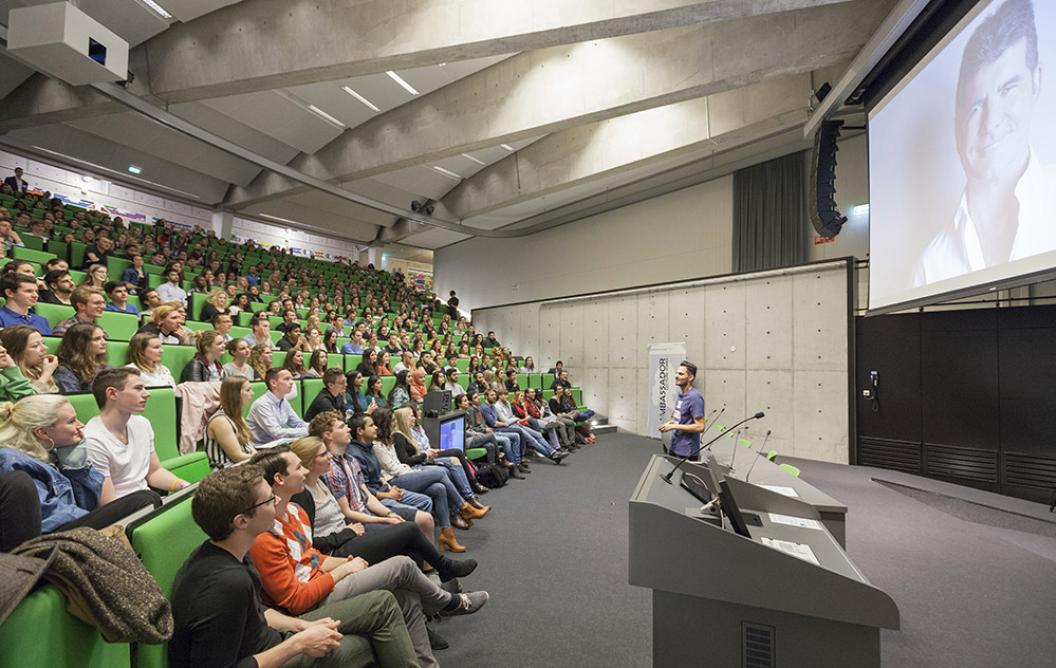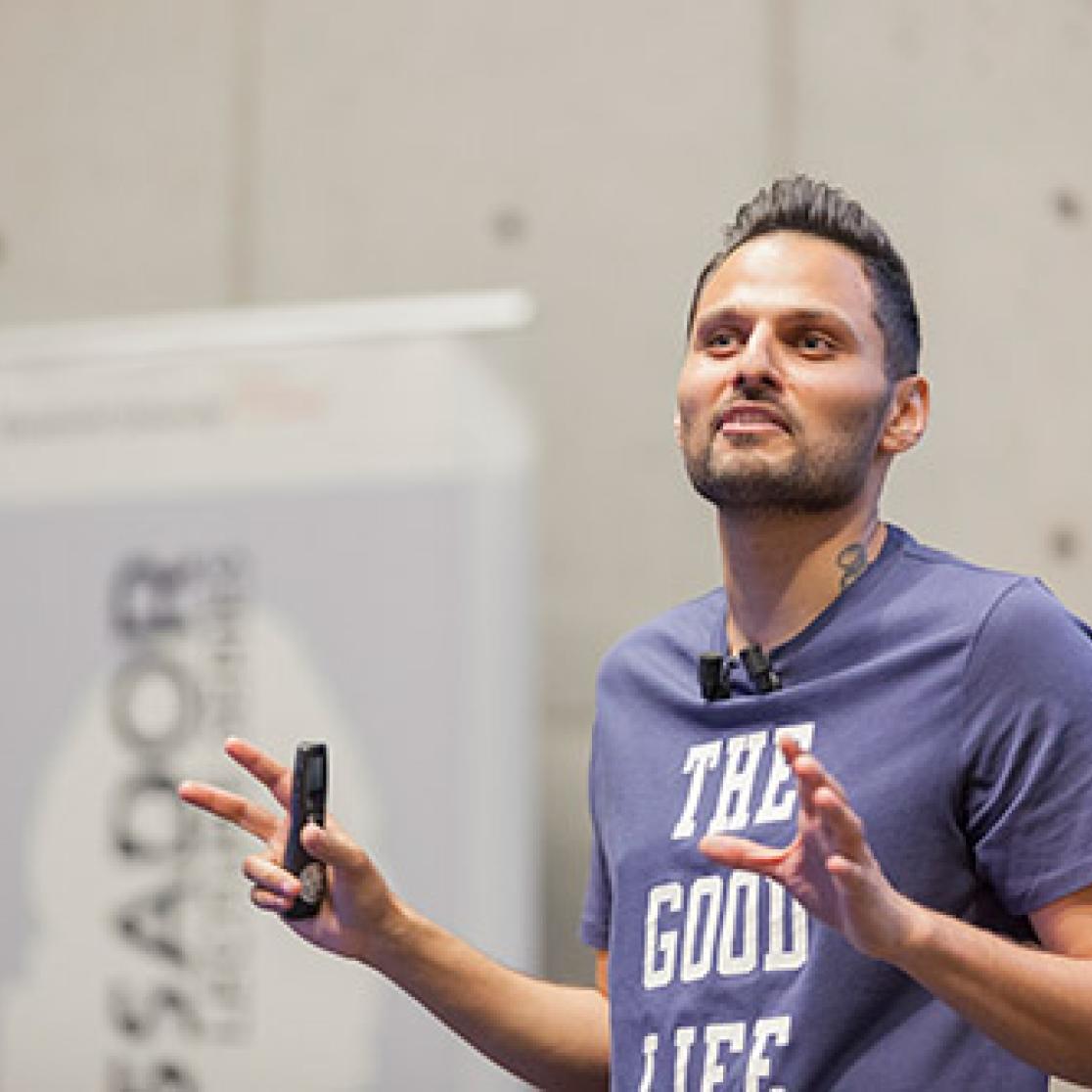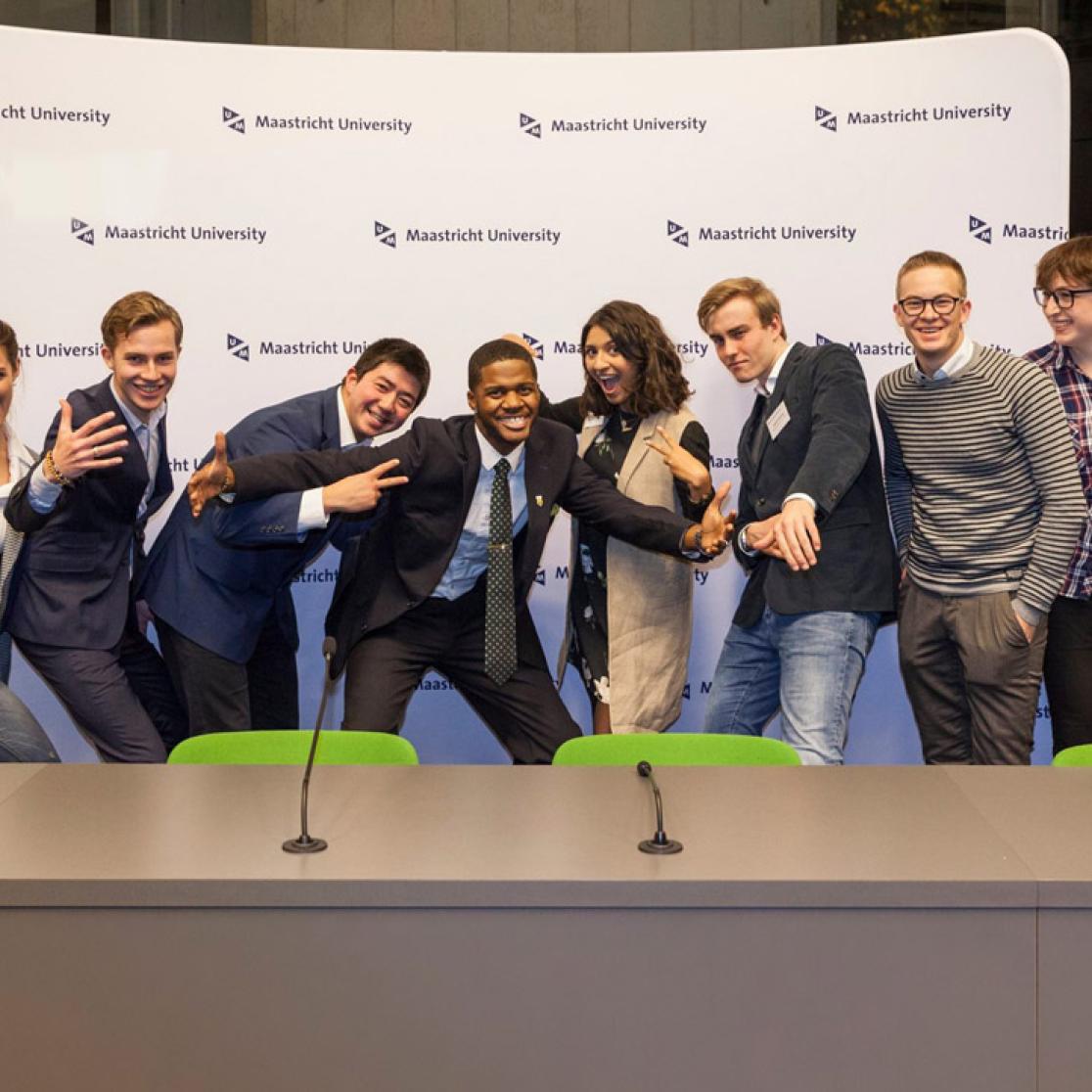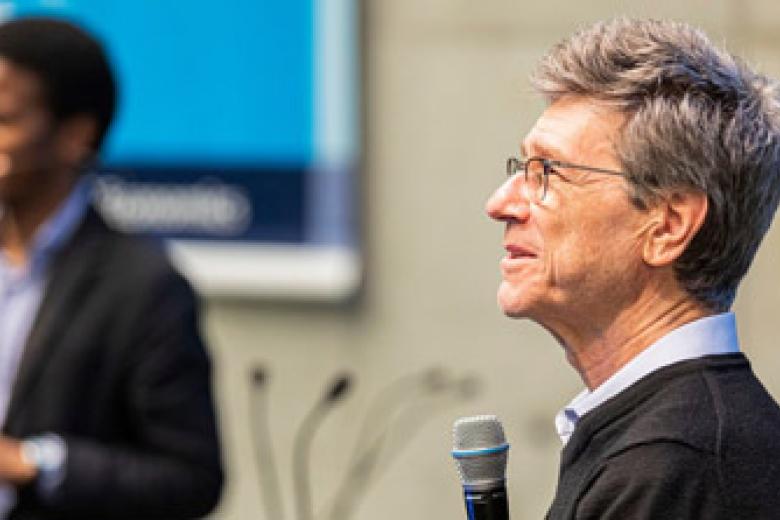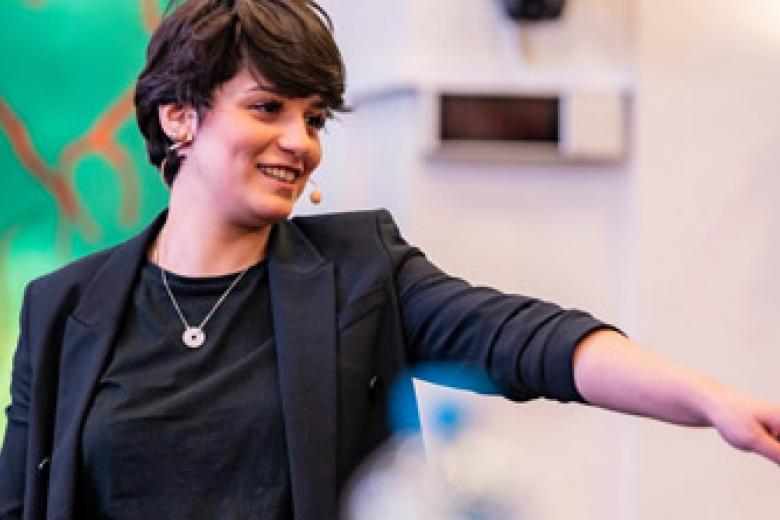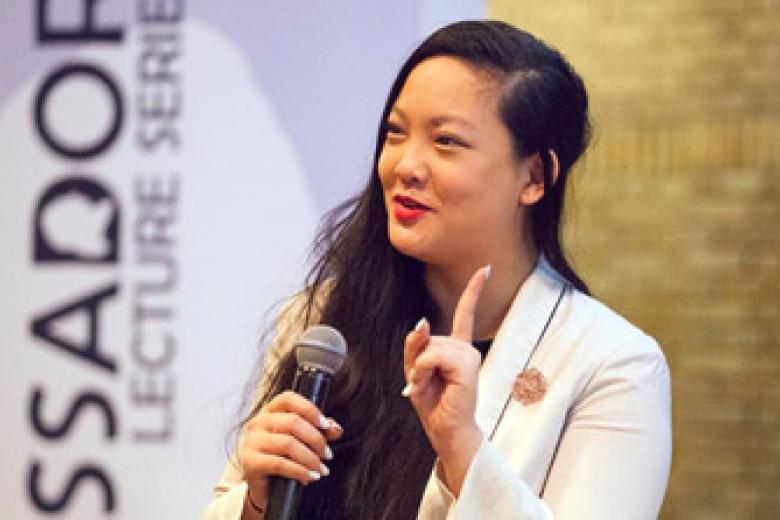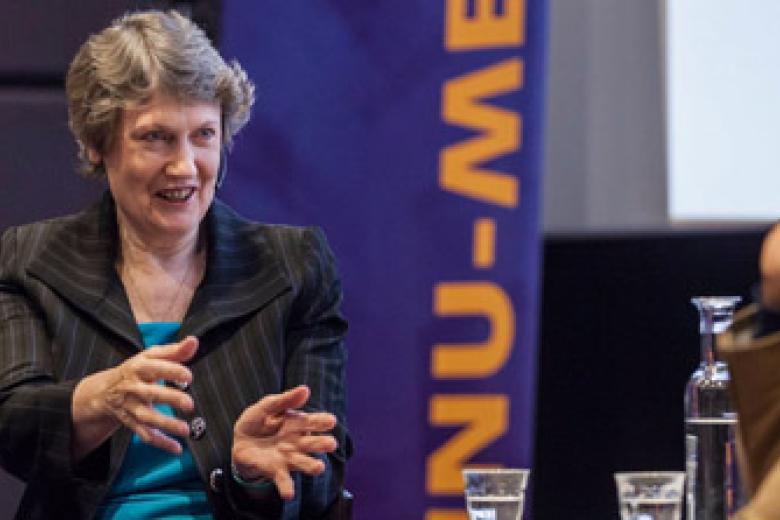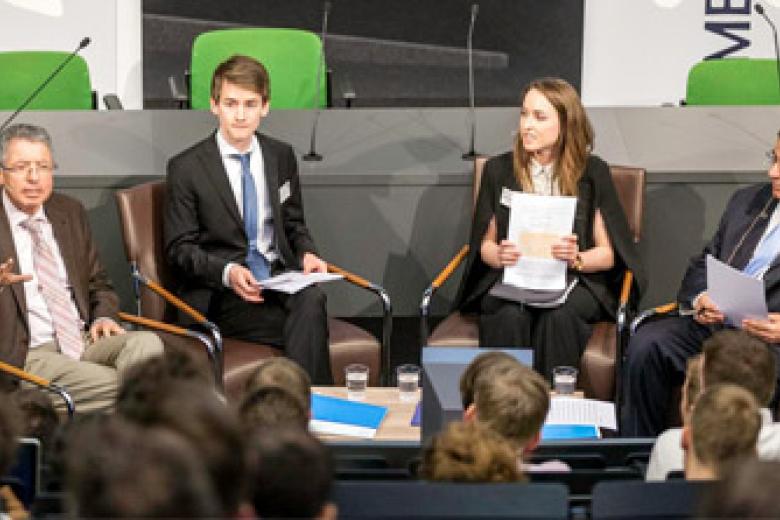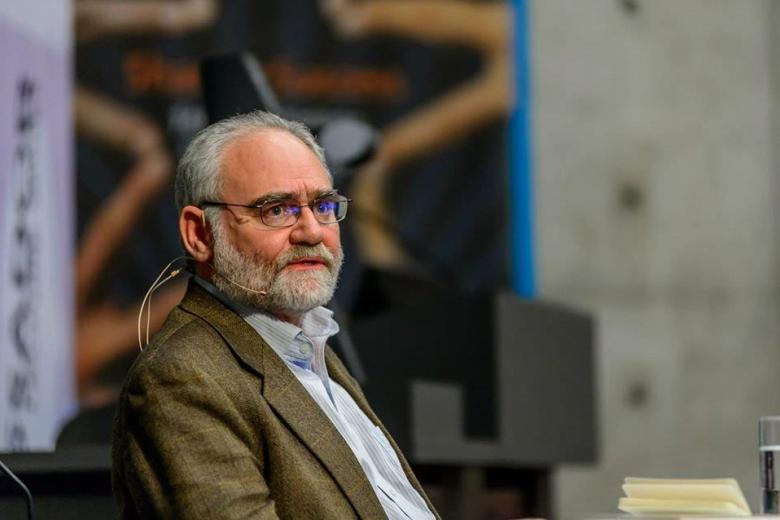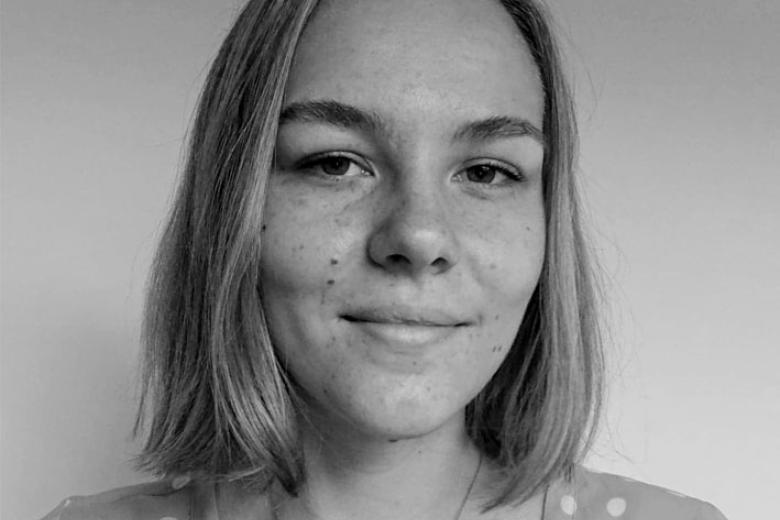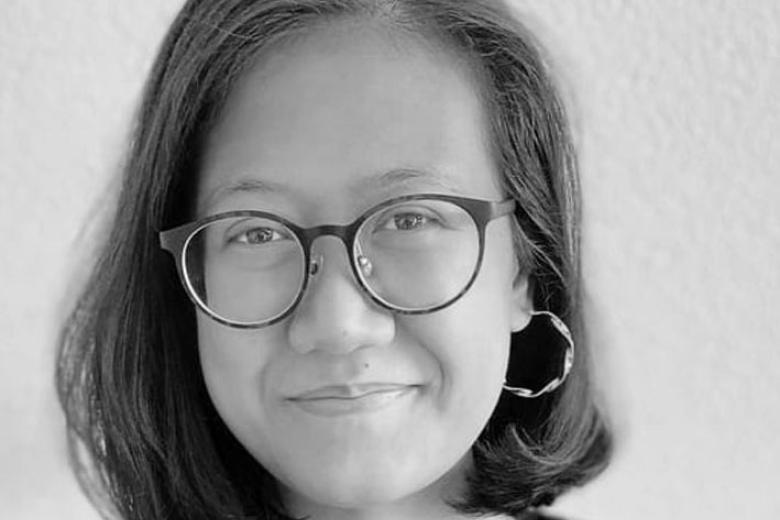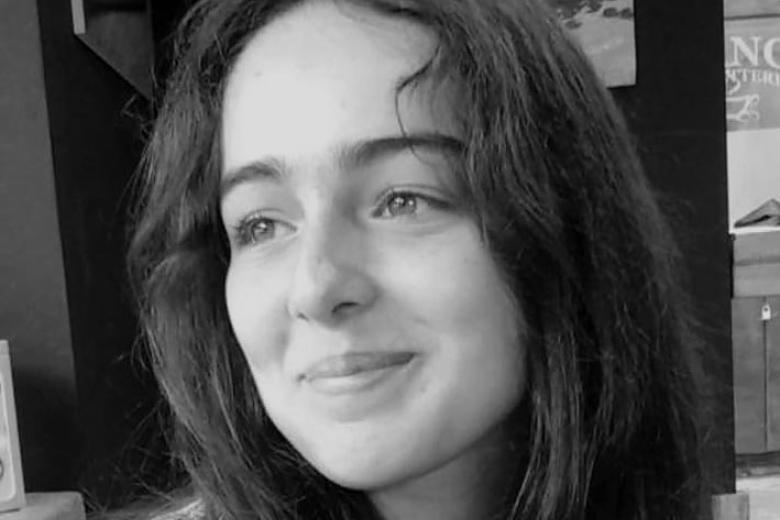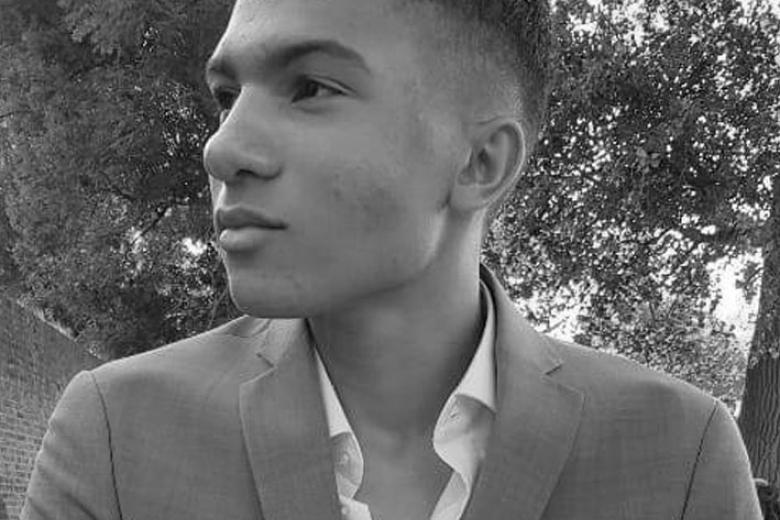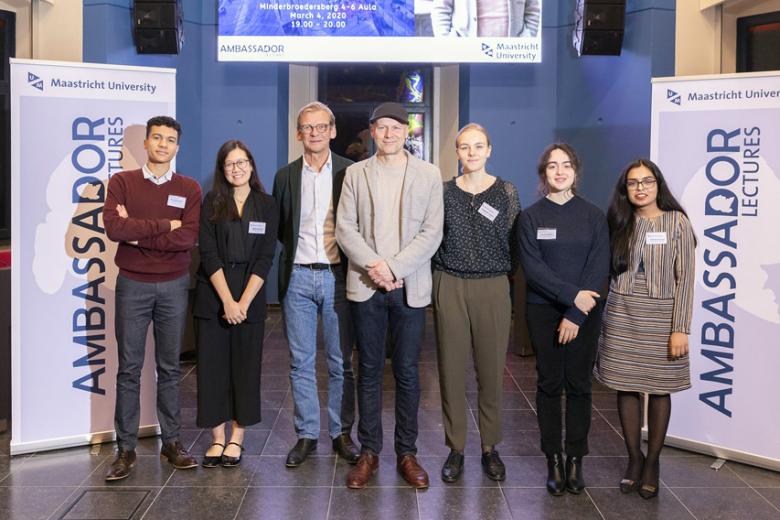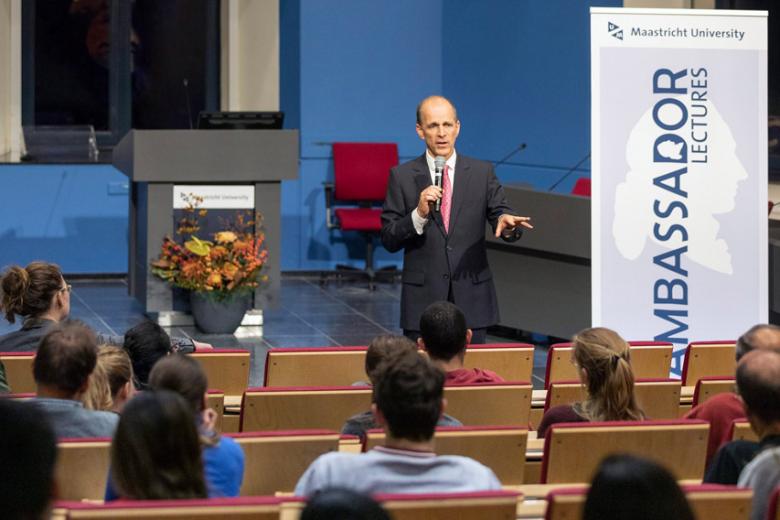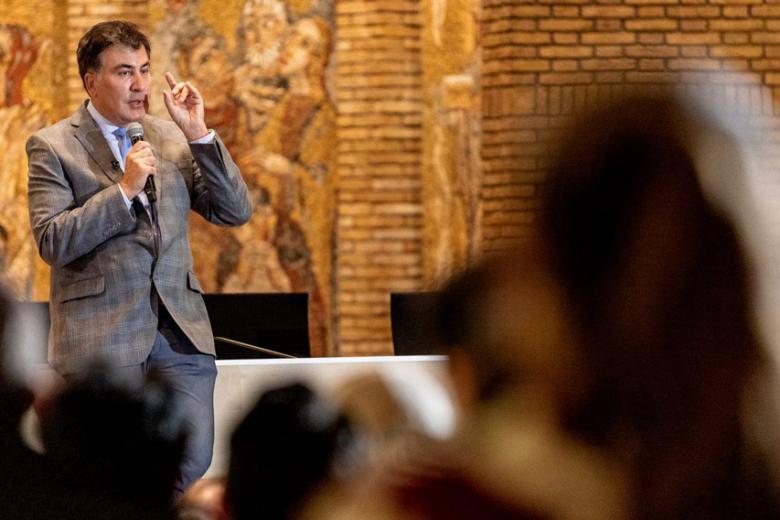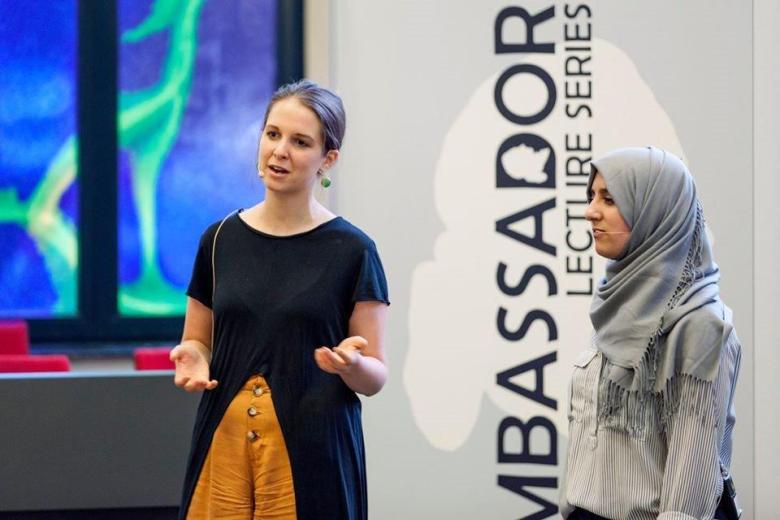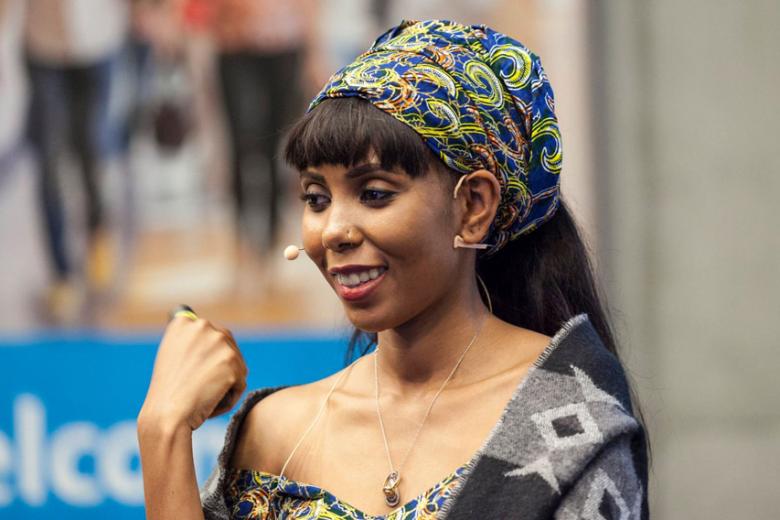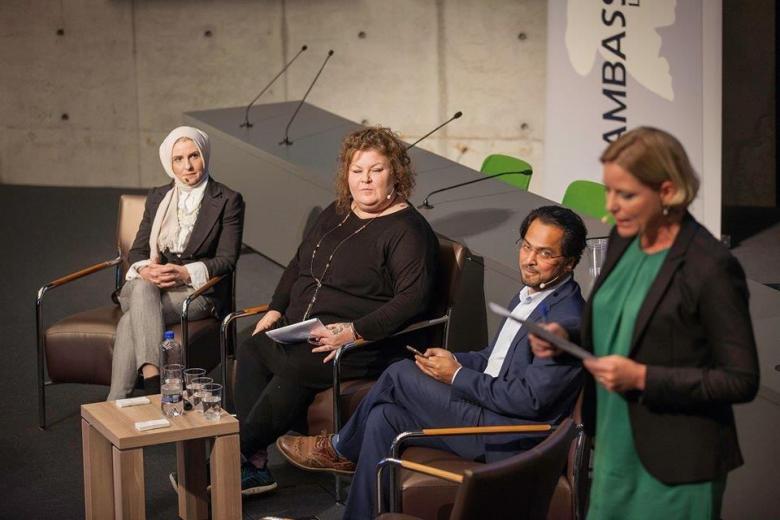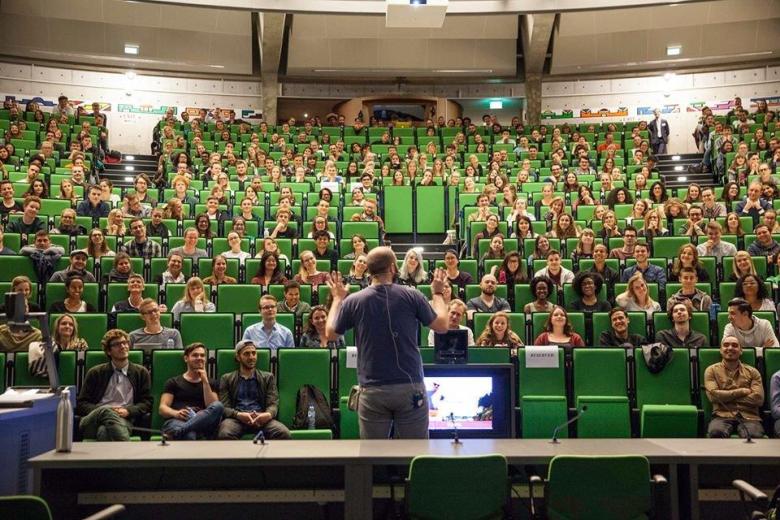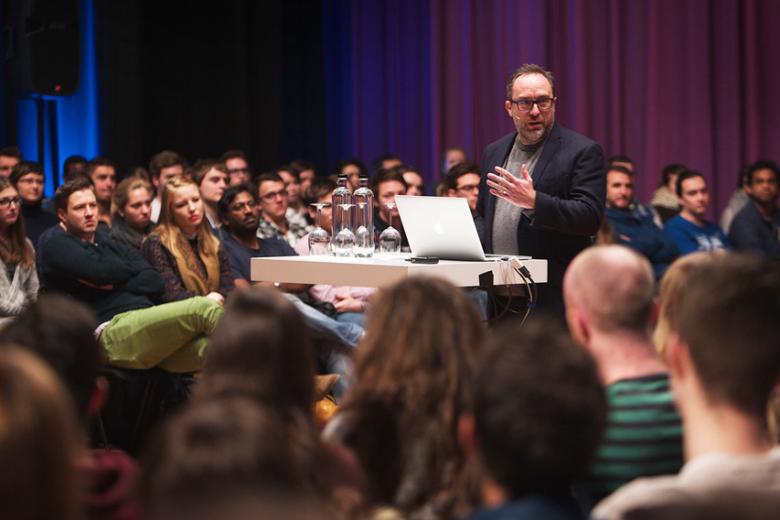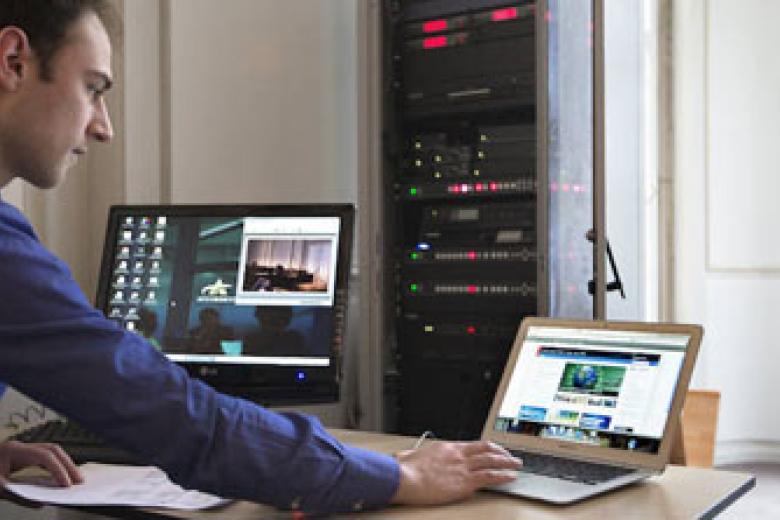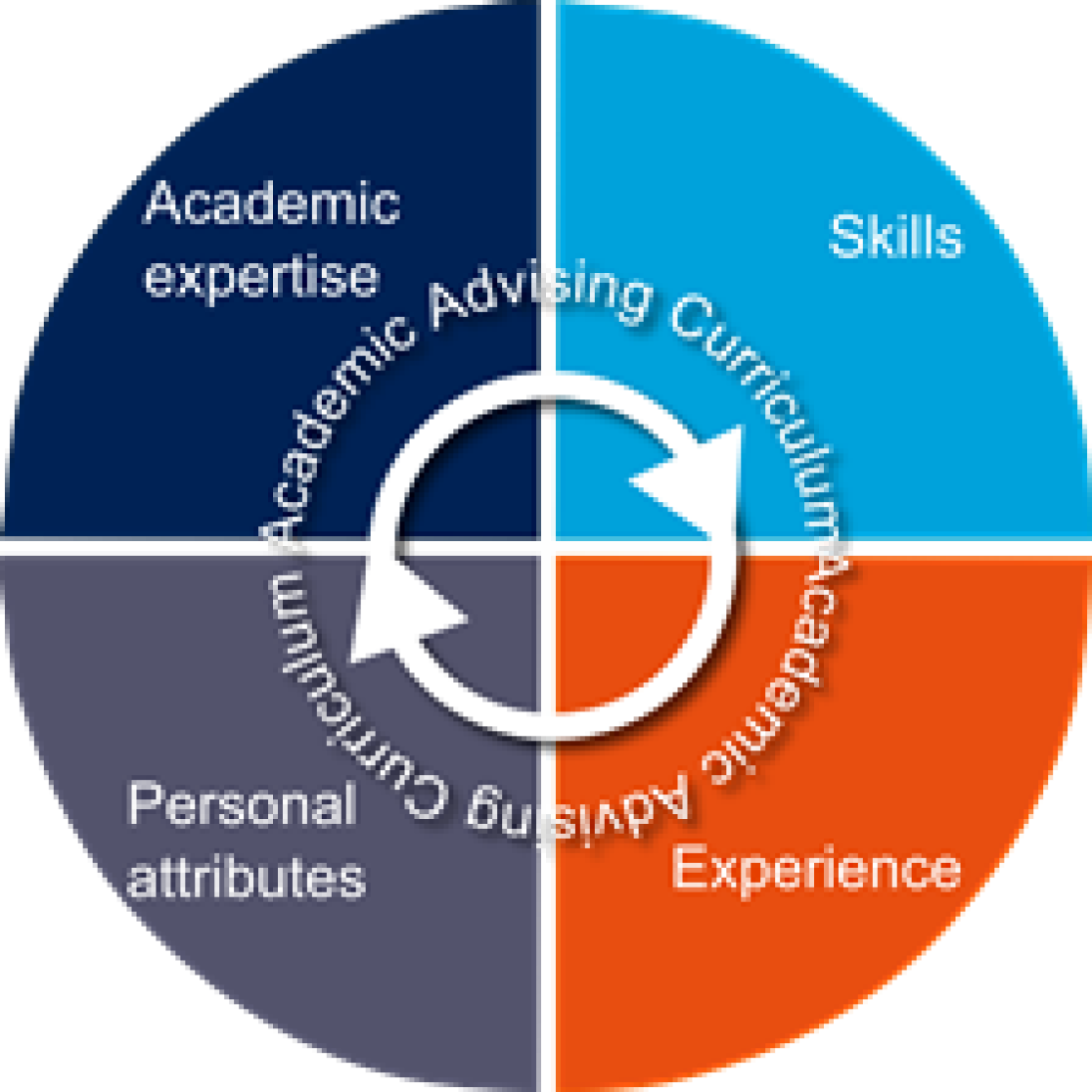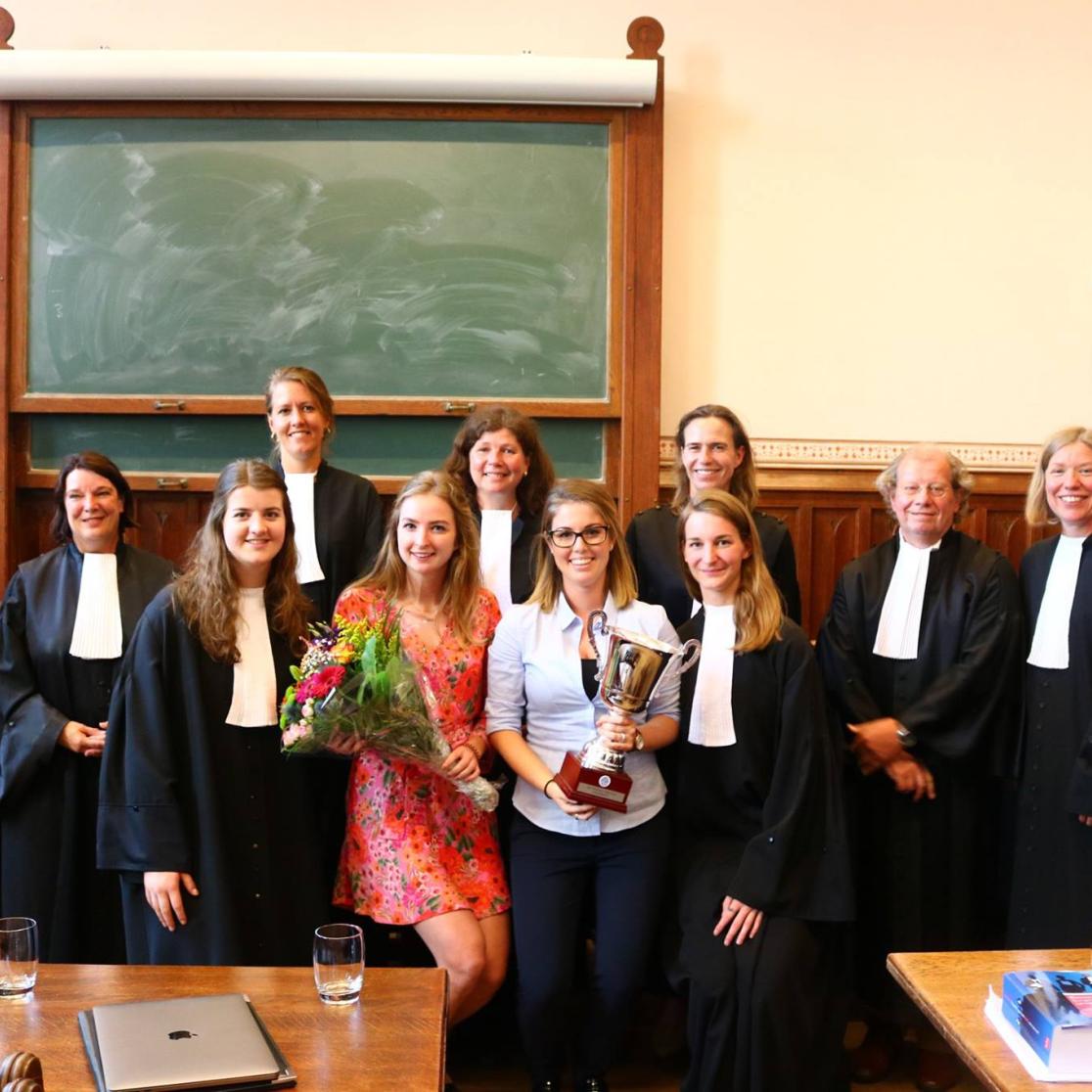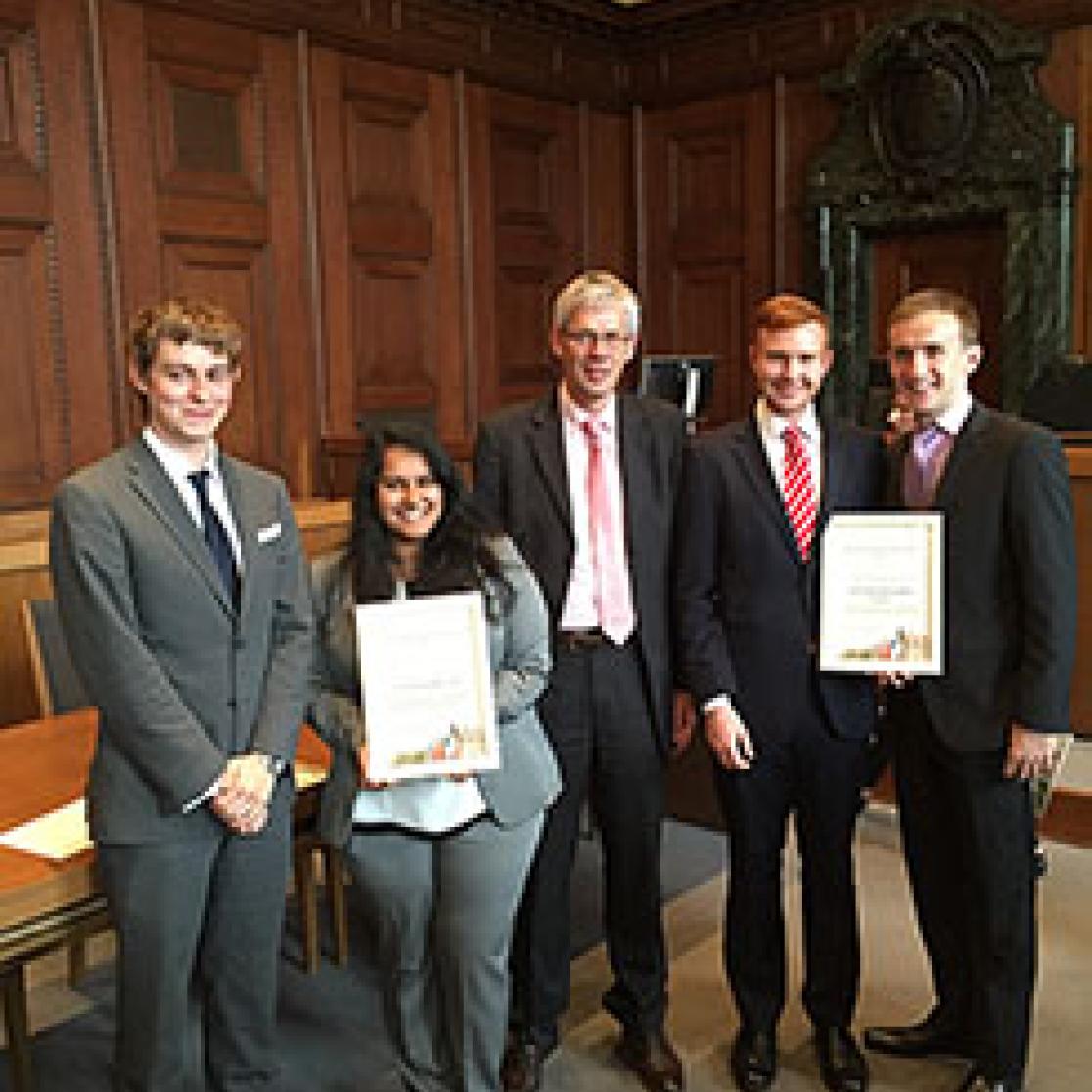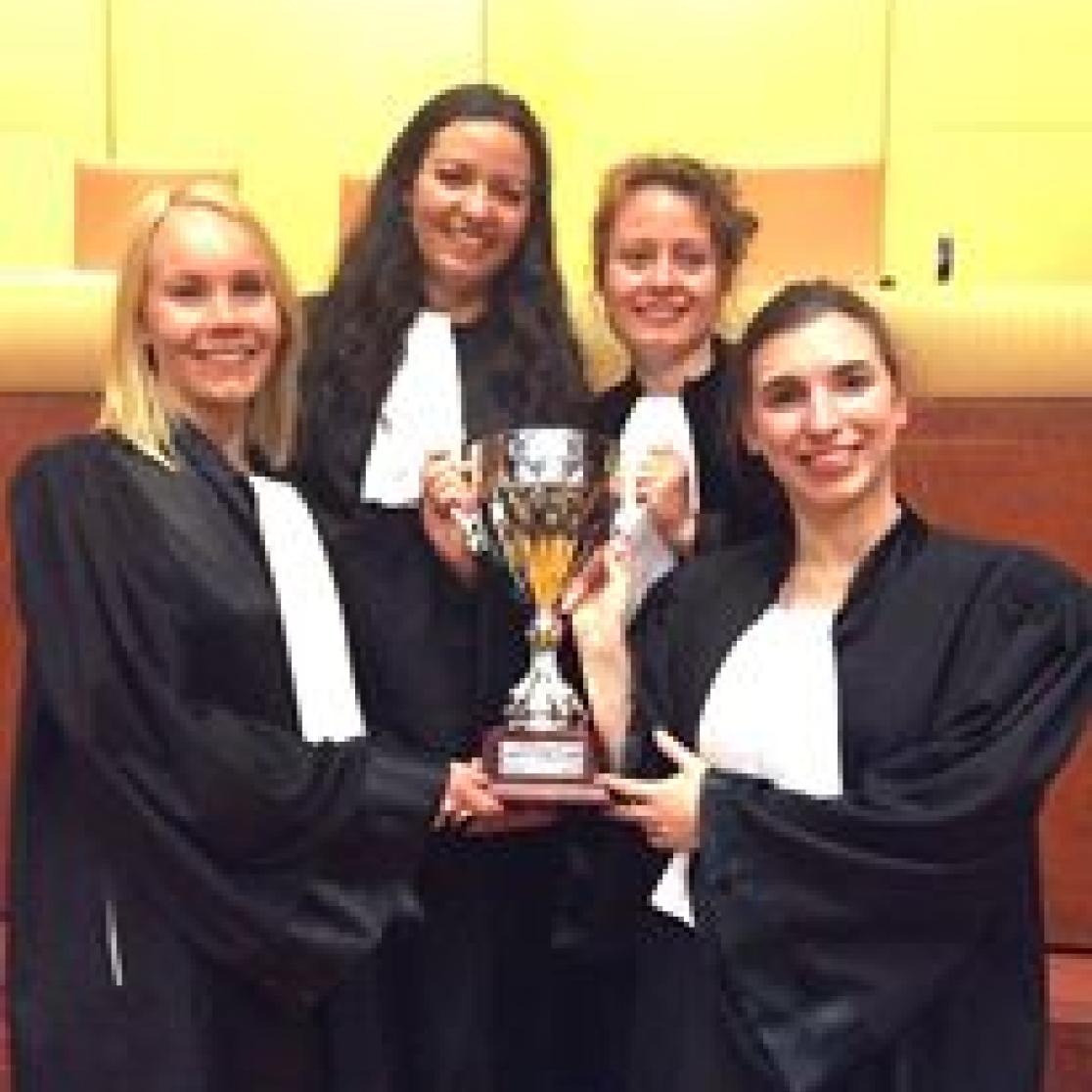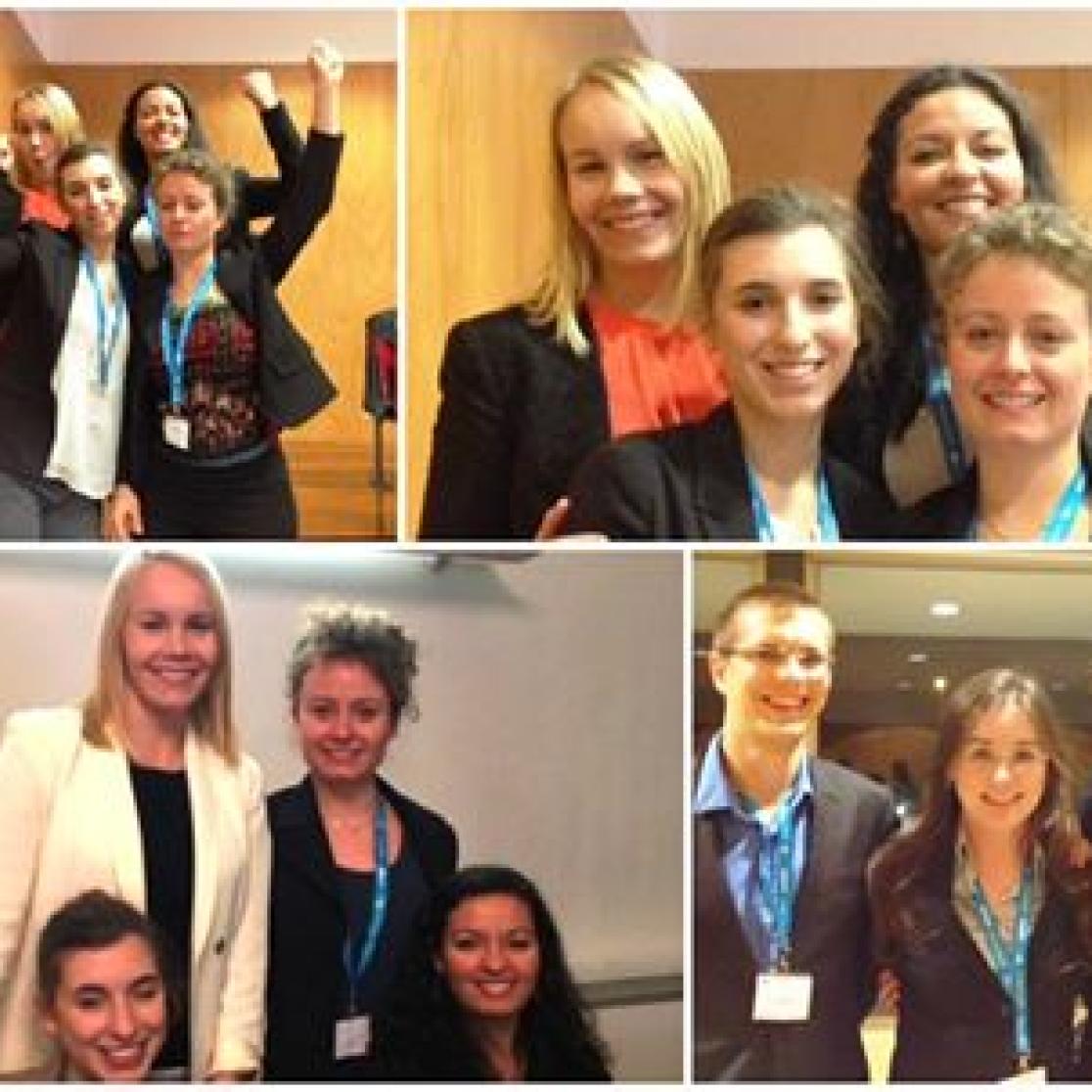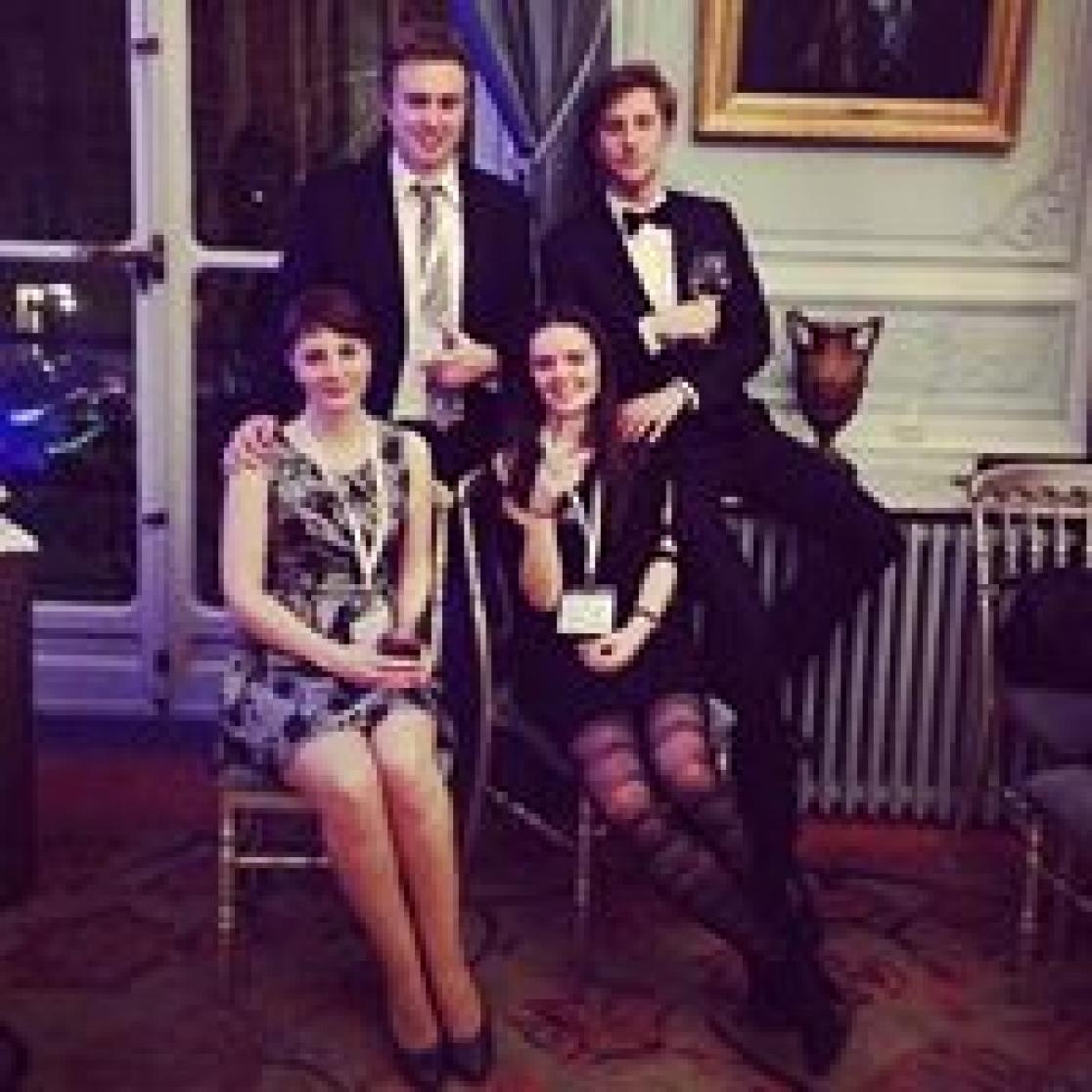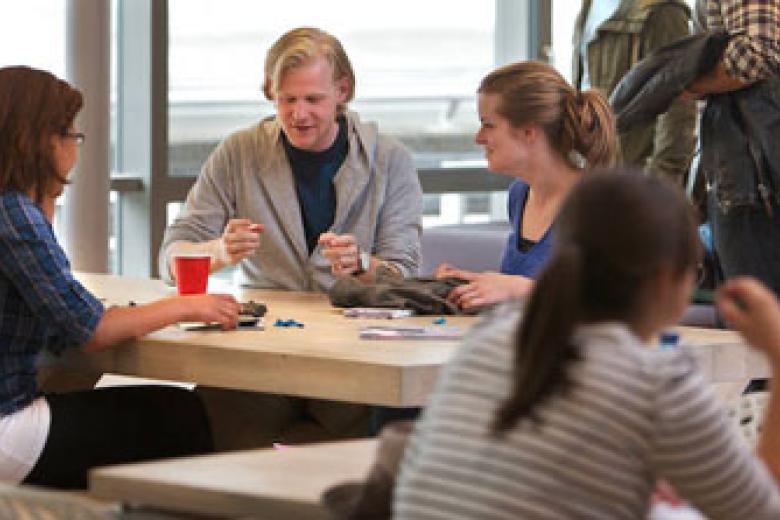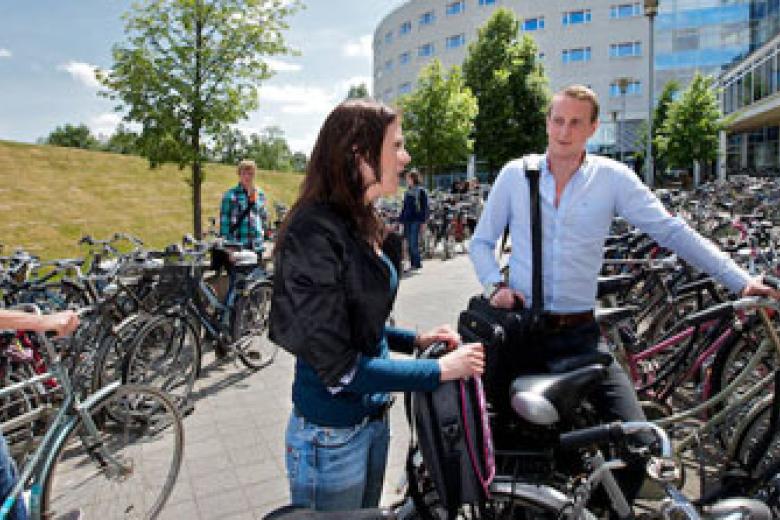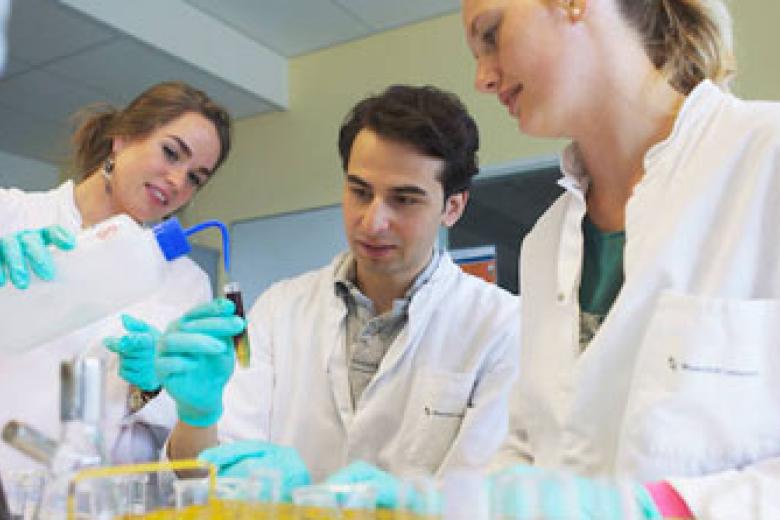March 2014: Team Maastricht Law Faculty celebrates sixth victory in Luxemburg
After long and intensive preparations for months and a convincing victory in the regional finals in Portugal, the team went to the finals in Luxemburg last Friday, 28 March 2014. The team, consisting of students Eva van Ooij, Pauline Melin, Myriam Douo and Vilma Imahaki, competed against the winners of the other regional finals: Lund, Louvain and Michigan. Coached by Sarah Schoenmaekers, Alexander Hoogenboom and Maja Brkan, this led to a glorious victory.
This year, the subject of the moot court was the recognition of gay marriage and and adoption by people of the same gender in the European Union. The students discussed an imaginary case about two men (one with and one without EU-nationailty) who moved from EU-member state A to EU-member state B. In that country, the men decided to et married. Moreover, the non-EU partner decided to adopt the other man’s child from a previous marriage to a woman in country A. When they wished to return to country A together, this country refused to recognize both the marriage and the adoption. They stated that the national identity of this country would oppose to this gay marriage. A very difficult case!
During their study programme, students of the Maastricht Faculty of Law practise pleading regularly and often score high in international legal moot court competitions. During a moot court competition, students work on an imaginary case, write case documents and plead on behalf of their party before a panel of judges or professors against teams of otheruniversities.
Last Friday's victory was the sixth victory in this prestigious European Law Moot Court Competition. No other university ever won this often!
